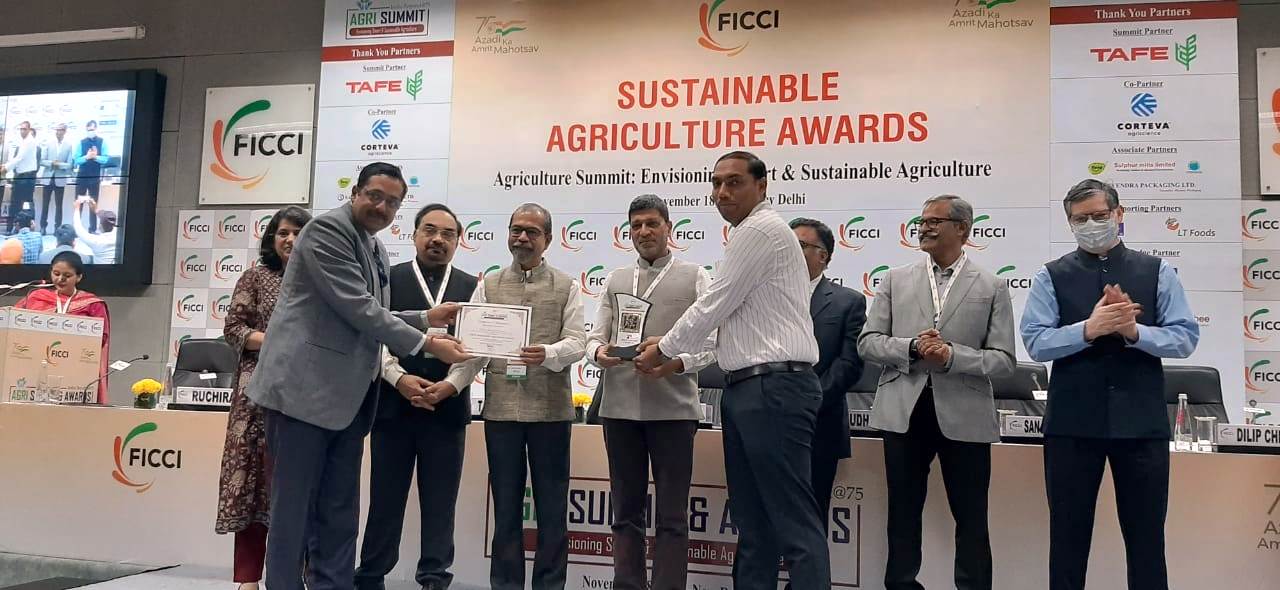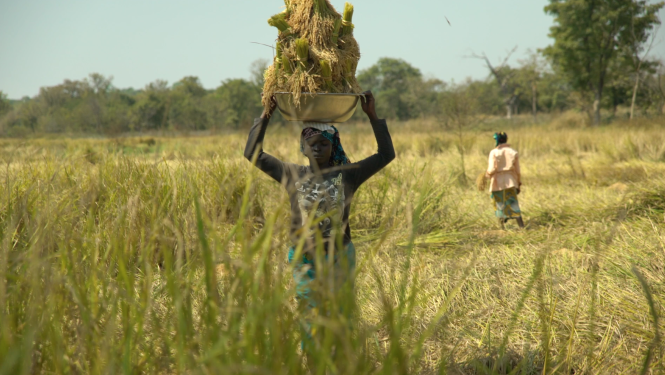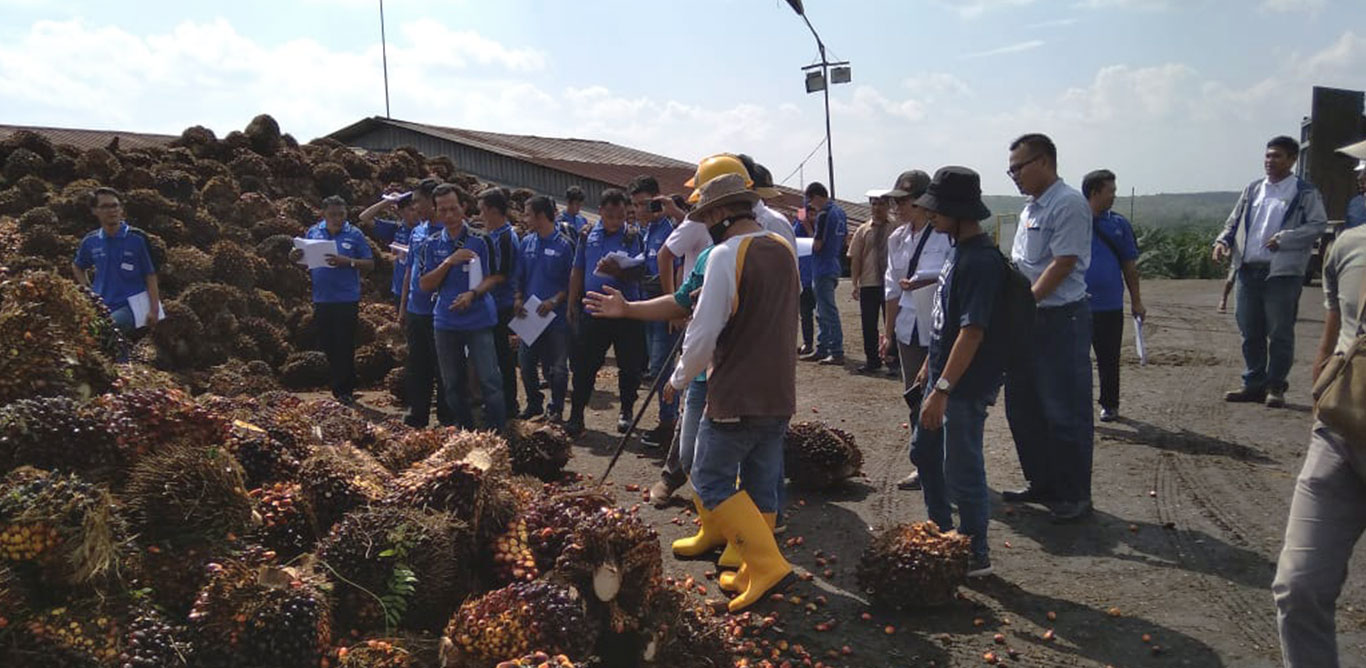Our work
The project run by LDF in partnership with Biogas International Ltd aimed to provide biogas to farming communities in Kenya and Rwanda. Flexi Biogas is a natural anaerobic digestive system that replicates stomach activity, producing methane gas from animal dung or human waste. As a clean, sustainable and readily available source of energy for smallholder farmers, it allows them to devote more time to agricultural activities. In addition, the organic fertilizer also produced by the system replaces costly synthetic alternatives. Resulting yield increases and cost reductions help improve production income. By replacing firewood, biogas also helps fight deforestation, soil erosion and air pollution, and improves health standards among farming communities. Lastly, by freeing up women’s time, biogas allows them to take a more active part in socioeconomic activities such as basketry, weaving or farming, and helps them become more self-reliant.
Key impacts
The project resulted in a reduction in pressure on woodlands in both Kenya and Rwanda, crop yields increased as a result of high quality organic fertilizer, and all beneficiaries in Rwanda confirmed they no longer relied on firewood as cooking fuel. The socio-economic benefits are also meaningful: without the need to collect firewood, women beneficiaries are able to engage in productive, income-generating activities, while children can devote more time to play and homework.
About our partner

Biogas International Ltd (Nairobi) provides the Flexi Biogas system for clean, renewable energy obtained from biodegradable organic material such as kitchen, animal and human waste.
Project Duration
2013-2015
I used to spend a lot of money on wood for cooking. Now, with the Flexi Biogas system, I can easily buy food thanks to the savings I have made from not buying wood. And I am using the incubator supplied to breed chickens, which helps me pay for the children’s schooling. I also use the natural fertilizer produced by the system for my garden and sell any excess vegetables that we don’t eat.
Jerica Meru region, Kenya




